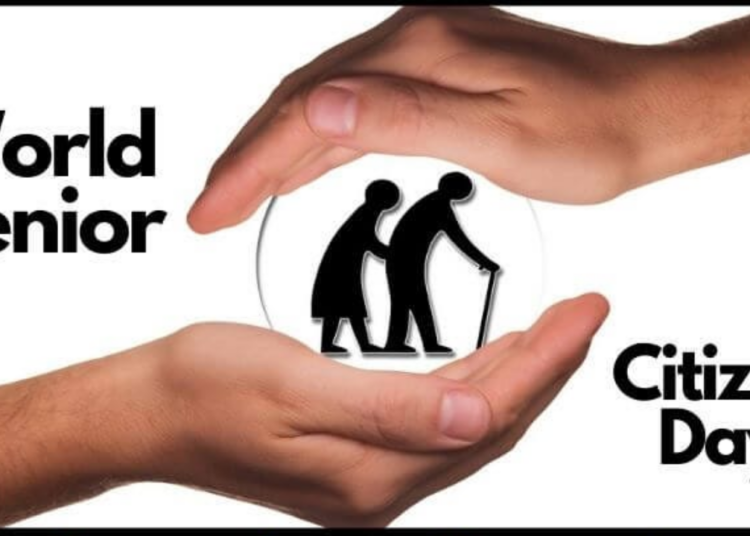Ageing, under normal circumstances, is a triumph of development. It is supposed to reflect a stage in life where people who have benefited from longevity as a result of the availability of improved health care, nutrition, sanitation, education and economic well-being take a deserved rest.
It is in appreciation of this inexorable fact that the international community set aside October 1 every year as a day to celebrate these senior citizens who have paid their dues in a manner of speaking.
The International Day of Older Persons, also known as the International Day of Senior Citizens, has its origins in United Nations General Assembly Resolution 45/106, adopted in December 1990.
The day is set aside to spread awareness about the importance of senior citizens in the society and to acknowledge and appreciate their contributions.
Older persons are regarded as invaluable sources of knowledge, skills, experience and resilience and have much to contribute towards peace, sustainable development, and protecting the planet.
The theme for this year’s Senior Citizens’ Day 2023, is, “Fulfilling the Promises of the Universal Declaration of Human Rights for Older Persons: Across Generations.”
It’s a call to draw attention to the unique needs of older people globally in terms of their rights. The society is expected to report violations of these rights as a way of fostering solidarity through equity and reciprocity between the generations. Such disposition offers long-term solutions to fulfilling the promises of the Sustainable Development Goals’ (SDGs) strategy,
In African culture, Nigeria inclusive, the elderly have always been held in high esteem, and accorded special social status. They are a source of wisdom, influencing who we are, and who we aspire to be.
According to the World Health Organisation (WHO), of the more than 1 billion people aged 60 and above in the world, most live in low- and middle-income countries.
The unfortunate reality is that many do not have access to even the basic resources necessary for a life of meaning and dignity,
In August 2020, the World Health Organisation (WHO) announced that healthy life expectancy in the African region has increased by an average of 10 years per person between 2000 and 2019. This increase is more than what applies in other regions of the world during the same period.
According to the health body, life expectancy for Africans is now 56 years. This is still lower than the global average of 64, but reflects improvement in the provision of health services, gains in reproductive, maternal, newborn and child health, as well as significant achievements in preventing and treating infectious diseases like HIV, tuberculosis and malaria.
A publication in 2022 by Oxford University Press on behalf of The Gerontological Society of America, stated that Nigeria, Africa’s leading economy and most populated country, has the highest number of older people in the continent and the 19th highest across the globe, with the population of Nigerians aged 65 and older projected to nearly triple by 2050.
However, the increase in older Nigerians is occurring against the backdrop of extreme poverty, unsolved development problems, socioeconomic inequality, and a decline in the traditional care and support of older adults.
Many of our older persons have become object for ritual purposes in the hands of children and family members.
The number of cases of ritual murder involving older persons in the country is “troubling” and if nothing is done about it, they may end up as endangered species .
This group often lacks autonomy and the power to make decisions, and faces neglect and abuse due to stigma and harmful social norms that often relegate them to the sidelines of society.
Additionally, the absence of an operational national ageing policy or safety net services and programnes poses a unique challenge to older Nigerians and their families.
Ageing is a complex multifactorial process characterised by progressive changes in body tissue, which eventually lead to a decline in function and death of the individual.
There are several approaches to explain ageing. One of the most prominent theoretical approaches, is the life course approach, with the view that ageing takes place across the entire lifespan.
Hence, we call for the right set of policies to equip individuals, families and societies to address these challenges and to reap the benefits.
This newspaper highlights the importance of establishing effective governmental policy interventions for adequate care and support of older Nigerians and the training of gerontological professionals.
In our considered opinion, taking cognisance of the voices, perspectives and needs of elders is critical to the creation of meaningful, holistic policy framework that advances towards the achievement of Universal Health Coverage across the continent.





